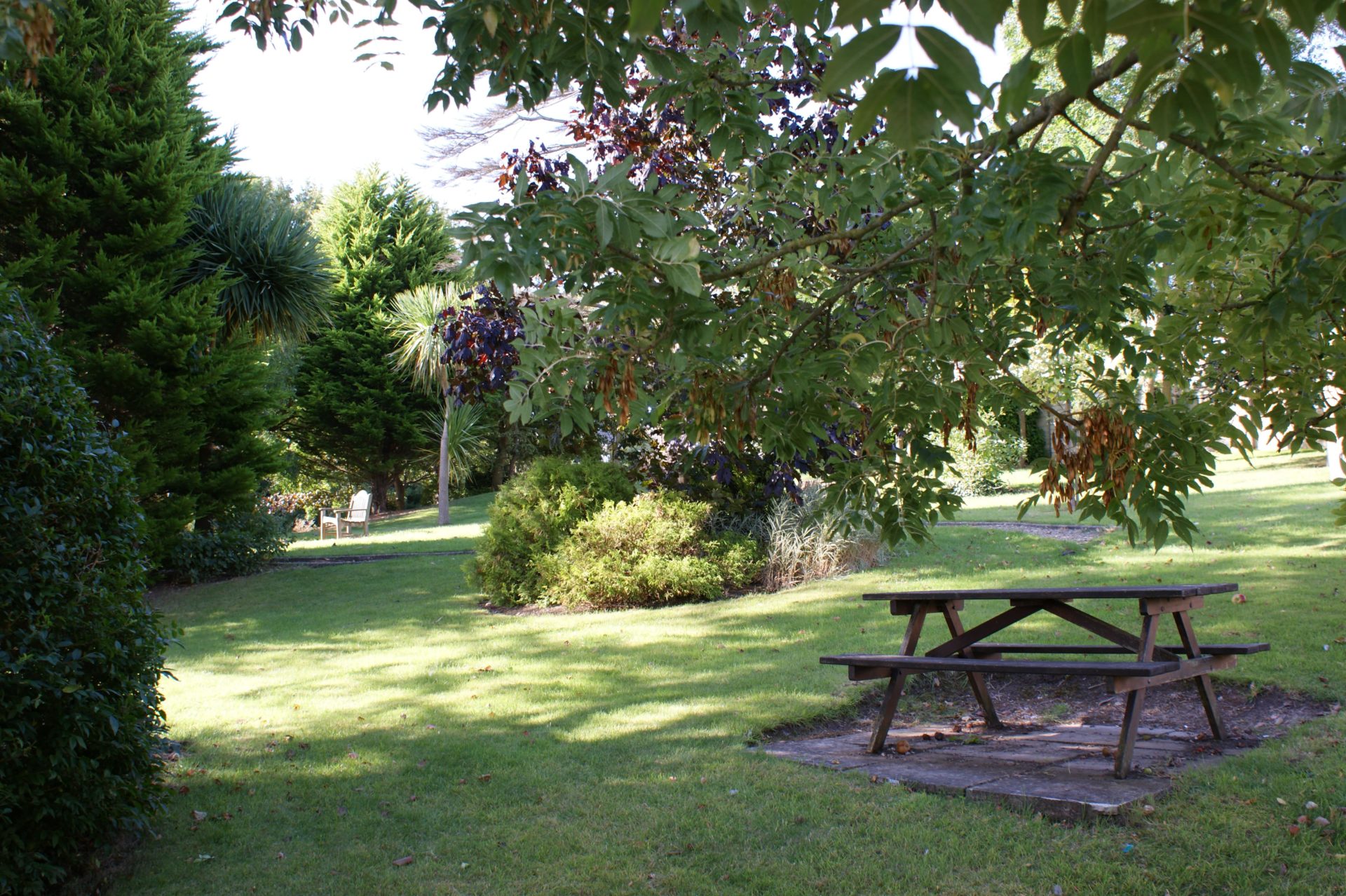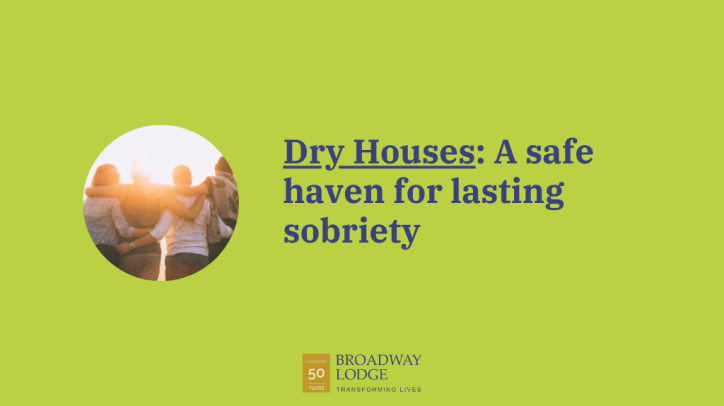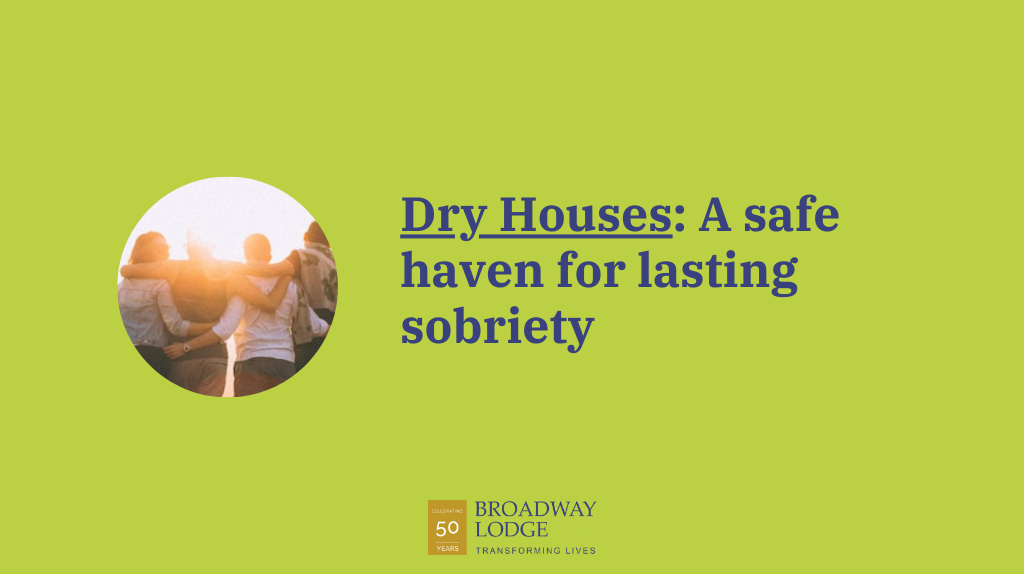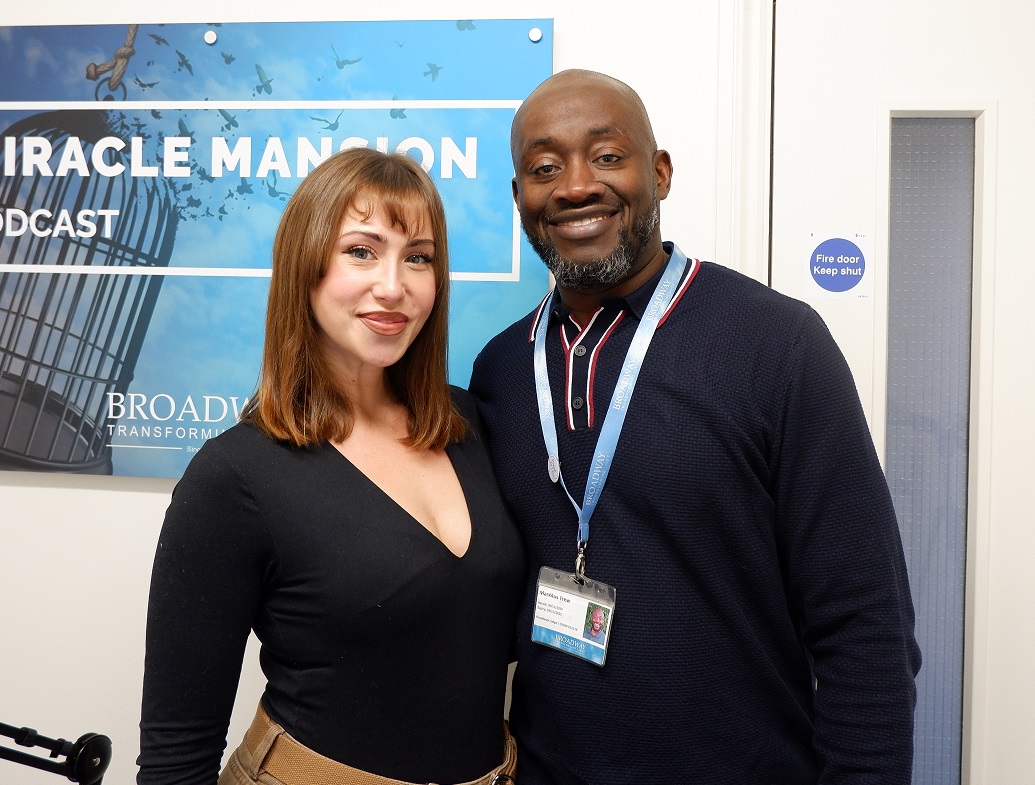It is a significant milestone for an addict to accept that s/he needs treatment for her/his damaging addictive behaviour.
The next step in identifying the most effective treatment is an important decision for addicts, their loved ones and their health professionals. Without doubt, it can be a time of uncertainty and anxiety. But it is also a vital step to recovery. There are many useful approaches out there, from community-based care to National Health Service programmes to residential centres.
One of the most effective options for treatment can be residential rehabilitation-based treatment. Residential addiction treatment is available for the wide variety of addictions that exist in society – from substance addictions such as drugs (opiates, cocaine, cannabis, amphetamines), alcohol, and smoking to behavioural addictions such to gaming, pornography and even shopping.
In its 2012 report, the NHS National Treatment Agency for Substance Misuse (now part of Public Health England) concluded that:
“The right residential rehabilitation placement for the right individual at the
right time can be a powerful and cost-effective step on their journey to recovery
from drug addiction.”
Residential treatments typically examine the underlying causes of an addict’s behaviour, coming to terms with her/his illness and starting to create healthy strategies for coping once s/he leaves is an important element of change. Some of the direct benefits of residential rehabilitation include:
● Constant care – the availability of 24 hour, on-site care, including a medical team. This can offer an effective and comprehensive programme of intensive care and treatment. The National Treatment Agency report found that “the best-performing residential centres did most well with complex users who often do not benefit from cheaper community treatment.” (2012)
● Removal of temptations – opting for residential care and treatment means that patients are removed from the stresses and temptations of their usual life and routine. This is especially useful for patients whose everyday lives may be contributing to their harmful addictive behaviour. The removal of temptations reduces the chances of relapse until resilience is built through the embedding of a recovery programme and culture.
● Gives time and space to recover – having removed themselves from their usual everyday lives and personal situations, addicts can have valuable time and space to reconnect with themselves and come to terms with their addictive behaviour. The intensive residential care provided allows patients to rediscover themselves physically and emotionally. A high quality residential centre can provide a tranquil and attractive environment which also helps recovery.
● Provides a positive environment – residential care brings sustained contact with people who understand why you are there and who are all there to help addicts recover and work towards long-term recovery. Residential rehabilitation centres often have on-hand integrated medical and counselling staff who can offer many types of support.
● Allows for specialist treatment programmes – residents who need it can take advantage of a medically supervised stabilisation or detoxification programme that removes physical dependence on harmful substances or behaviours. Many rehabilitation centres provide medical detoxification either as a separate phase of treatment in a dedicated detoxification unit, or as an integral part of the rehabilitation programme.
Community-based treatment programmes have an important role to play, too, in offering help to those with addictive problems. They can often precede or follow a period of residential help and can be useful alternatives where appropriate. The most appropriate care depends on the needs of the patient and the most successful path to recovery.
Hugely improving on the lower rates of success amongst private residential clinics decades ago, the NHS report now found that “the best performing facilities achieve success rates of between 60% and 80%.”
If you’re considering residential treatment, it’s important that you access a good quality residential treatment centre – not only will you greatly increase your chances of success/long-term recovery but you will have a better experience on your journey to being addiction-free.
Find out more about Broadway Lodge and our residential treatment programmes.












